This year, Compassion joins other humanitarian and child-focused organizations around the world to celebrate a landmark: the 30th anniversary of the Convention on the Rights of the Child. A convention might sound a little boring, but this historic meeting laid out the human rights that apply to all children. It recognized children as having inherent value in the social, economic, political and cultural world stage.
The Convention on the Rights of the Child, signed in November 1989 by the United Nations General Assembly, is now the most ratified treaty in U.N. history with 196 countries signing and agreeing to its 54 articles. In the 30 years since the assembly, this convention has brought global attention and unprecedented action to solve issues such as child labor, online sexual exploitation of minors, and protecting children during war and political crisis.
God’s Heart for the Rights of Children
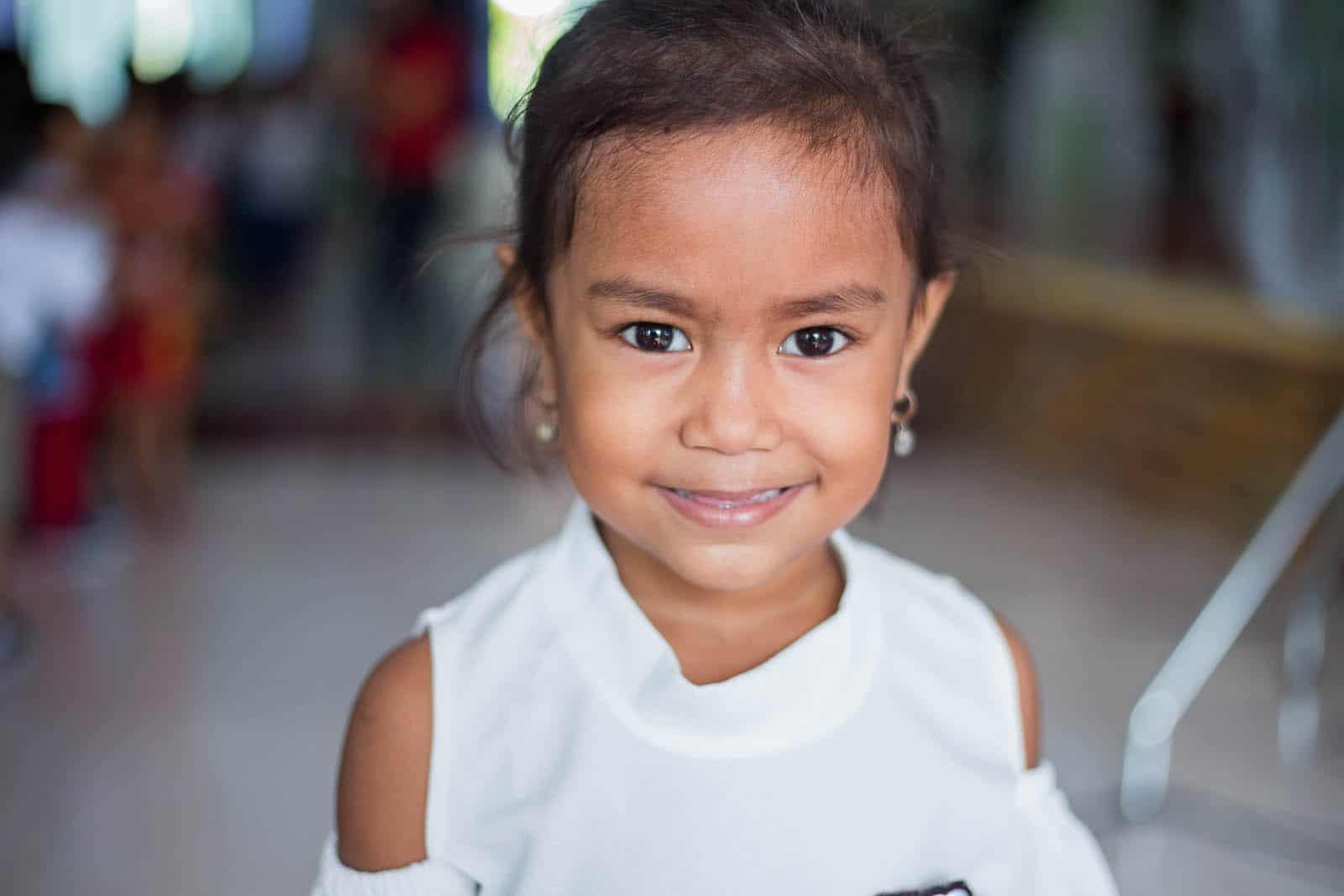
The Convention on the Rights of the Child has particular relevance to Compassion International. We are anchored in the truth that rights are given to us by God first, before any government or law. Children are co-heirs in the common faith with all believers and therefore bear the image of God and spiritual covering of Christ.
“… And you will receive the gift of the Holy Spirit. The promise is for you and your children and for all who are far off — for all whom the Lord our God will call.” (Acts 2:38-39)
This is why, from the start of our ministry in 1952, Compassion has fought to have children recognized as valuable and worthy of protection — because God first declared them to be.
We have a lot to celebrate about the progress children’s rights have made since the Convention on the Rights of the Child. Today I’d like to highlight three ways things have changed in the past 30 years for children, and how Compassion works to champion rights for over 2 million children across the world.
1. Children are more protected from abuse.
Article 19 of the CRC: “… assure that children are protected from all forms of violence, abuse, neglect and bad treatment …”
Since the Convention on the Rights of the Child, many countries have created laws to protect children from abuse. New international laws are also in place to protect children during war and crisis. Before, families may not have had as much legal recourse when someone abused a child. But now the global community has recognized that children have a right not to be abused.
Compassion is committed to protecting children from all types of abuse. Compassion staff and local church partner staff are trained in the importance of protecting children. They learn to recognize symptoms of abuse and how to respond appropriately. Click this link to learn more.
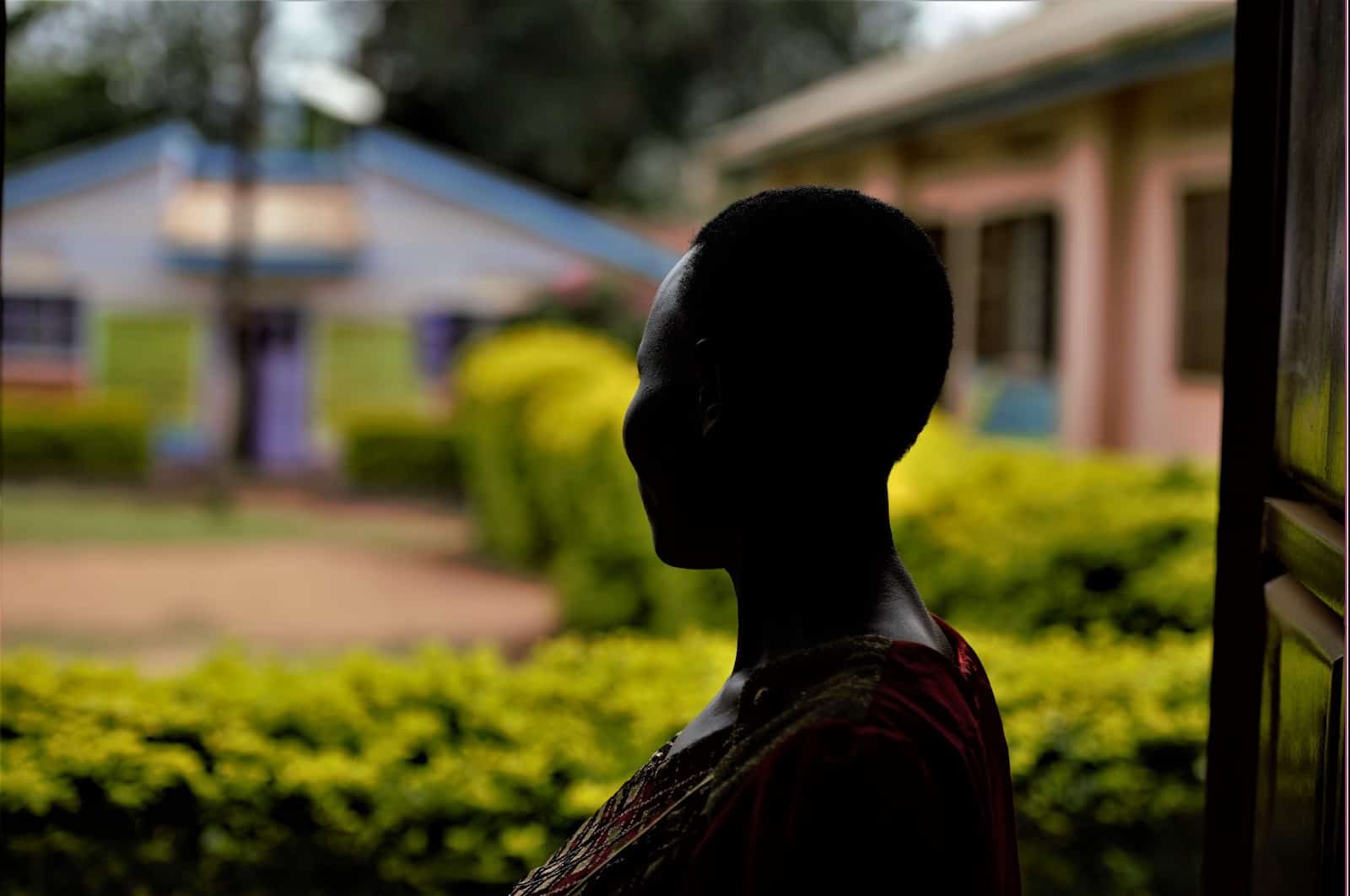
Babra escaped her attacker thanks to training she received at the local church.
In one community in Uganda, our church partner realized there were high rates of rape in their community. Upon talking to many girls, they learned that often the culprits were motorcycle cab drivers. The drivers would take teenage girls to remote locations and rape them. The church started educating the community, including teaching children and parents about their rights. They are also coordinating quarterly training for the motorcycle cab drivers with the help of the police.
And they have started to see changes. Teen pregnancies are declining, as are reports of abuse. Through the training she received, Babra (not her real name), was able to escape the driver who tried to rape her. Using a trick she learned at the training, she used her phone to fool the man and get away.
2. Babies are more likely to survive than ever.
Article 6- “Every child has the right to life. Governments must do all they can to ensure that children survive and develop to their full potential.”
Since 1989, governments have worked with humanitarian and medical groups to confront the reasons babies die of preventable causes in rural and impoverished areas. Today the global infant mortality rate has dropped more than 50% from 65 deaths per 1,000 infants in 1990 to 30 deaths per 1,000 infants in 2017. That is a huge cause for celebration. It means thousands of babies every year are given the best chance to live and grow into thriving children.
When a mother and baby are part of Compassion’s Survival Program, they have access to proper health care and support after their babies are born. Church staff from the child development center monitor each baby’s health and growth in the critical weeks and months that follow the birth. These efforts decrease the chance of infant and maternal mortality and bring both baby and mother into a loving community ready to support them.
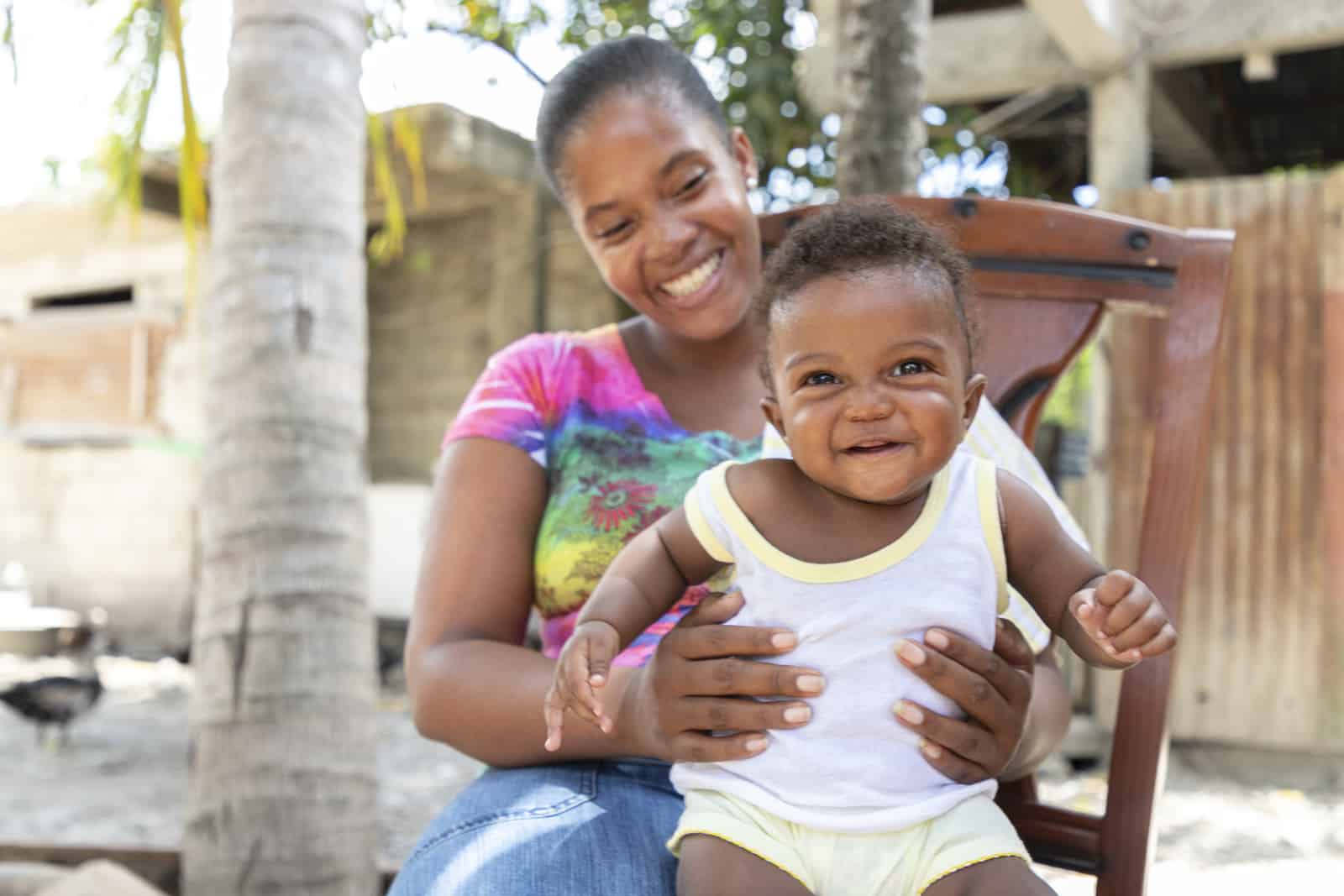
Jose in the Dominican Republic is one of the babies who is alive today thanks to the Survival Program’s intervention. One of the methods that is most effective in preventing child deaths is parent education. Through home visits from a Survival implementor, his mom, Yadira, learned when she was pregnant that if her feet started to swell, she should go to the doctor.
One night, Yadira started to feel strange. She had a migraine and her feet started to swell. Remembering the implementor’s advice, Yadira went to the doctor. She had preeclampsia, a life-threatening condition for both mother and child. They were both saved through an emergency C-section, and Jose is now a happy, healthy baby boy.
3. Children are less likely to be working and more likely to be in school.
Article 29: “Education must develop every child’s personality, talents, and abilities to the full.”
The worldwide rate of child labor continues to drop at a steady pace as countries and institutions enforce improved restrictions and standards. In 1997 over 250 million children around the world were working, many at risk from hazardous and exploitative labor. In 2017, an estimated 168 million children were engaged in child labor. While that number is still far too high, that is 88 million fewer children. Praise God!
The declining rates in child labor are mirrored by increasing rates of secondary school attendance. According to UNICEF, “From 2000 to 2018, the number of out-of-school children of lower secondary school age shrank from 99 million to 61 million, and the number of out-of-school children of upper secondary school age reduced from 177 million to 138 million.”
The right to education is a good first step, but if that education does not serve the child and cultivate their gifts, it is not enough. Compassion’s work in Youth Development beginning at age 12 seeks to unlock the God-given potential in each child that we serve. Youths in the program receive opportunities such as tutoring, discipleship, vocational training and education. They explore and cultivate their natural skills and passions.

Fils in Rwanda lost his parents at a young age. In his teen years, the stress of needing to care for both his siblings and his aging grandparents started to hurt his school performance. Compassion’s church partner got Fils enrolled in a one-year vocational training in auto mechanics. Now 20-year-old Fils is a professional mechanic and owner of two motorbikes which he rents out. He’s able to pay for his siblings’ school fees and his grandparents’ medical needs.
A Celebration and a Challenge
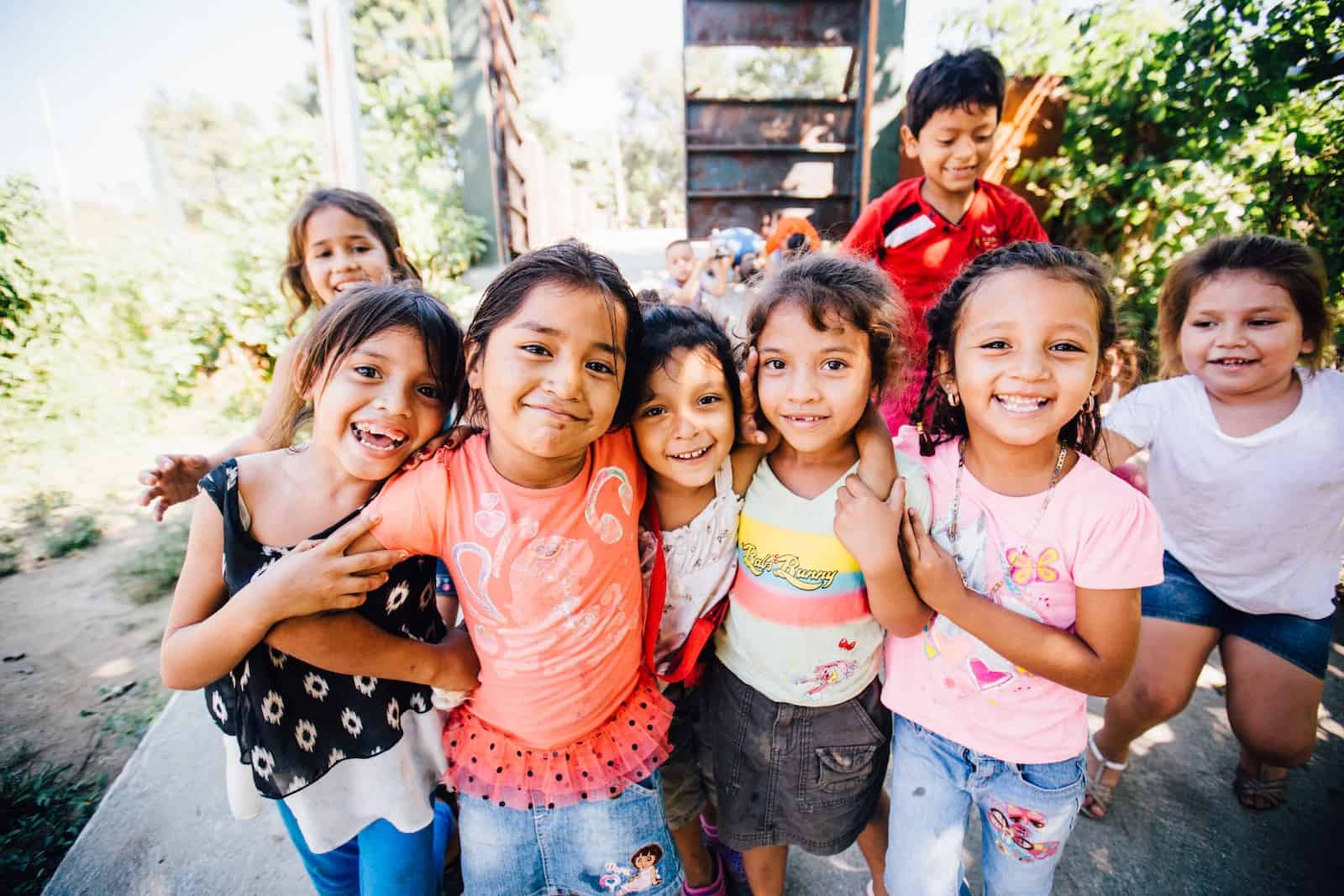
We celebrate these monumental shifts that are improving the lives of children around the world. We are thankful for the Convention on the Rights of the Child 30 years ago. Global recognition of the rights of children has paved the way for not-for-profit organizations like Compassion to more effectively ensure that the children in our programs receive their rights and are fully protected and seen as valuable and important to the world.
Still, we have much more work to do. Dark forces continue to threaten and harm vulnerable children in all corners of the earth. At the same time, the political and social landscape have become increasingly complex and difficult.
Compassion will face these challenges in the same way we have for over 65 years — through our commitment and partnership with Christ’s bride — the Church — as the best, most strategic way to care for and release children from poverty in Jesus’ name. Thank you for joining us and sponsoring a child. By doing so, I believe you will personally experience God’s heart and plan for the children of the world. They truly are precious in His sight.
Article quotes taken from
unicef.org. Field reporting and photos by Edwin Estioko, Ryan Johnson, Yrahisa Mateo, Caroline A. Mwinemwesigwa and Doreen Umutesi.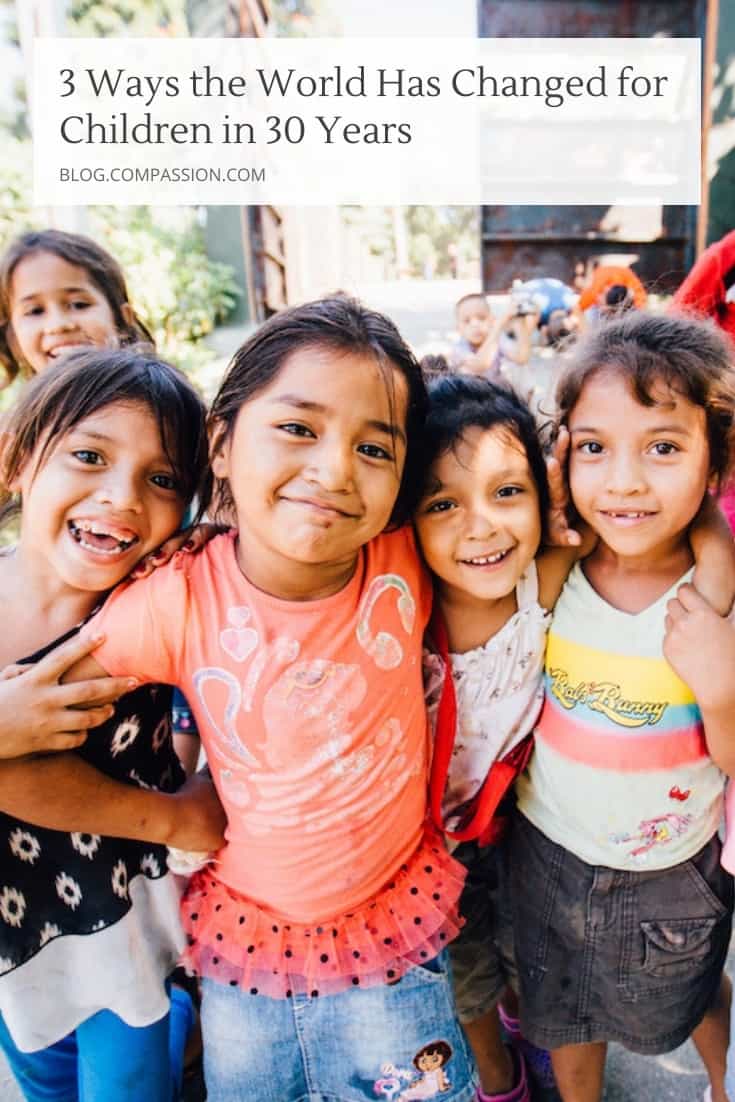

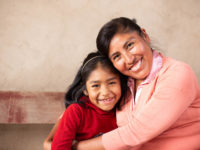





1 Comment |Add a comment
ABCs to Success: Always Believe in Christ!
Be Never Negative, Openly Optimistic, & Purely Positive!